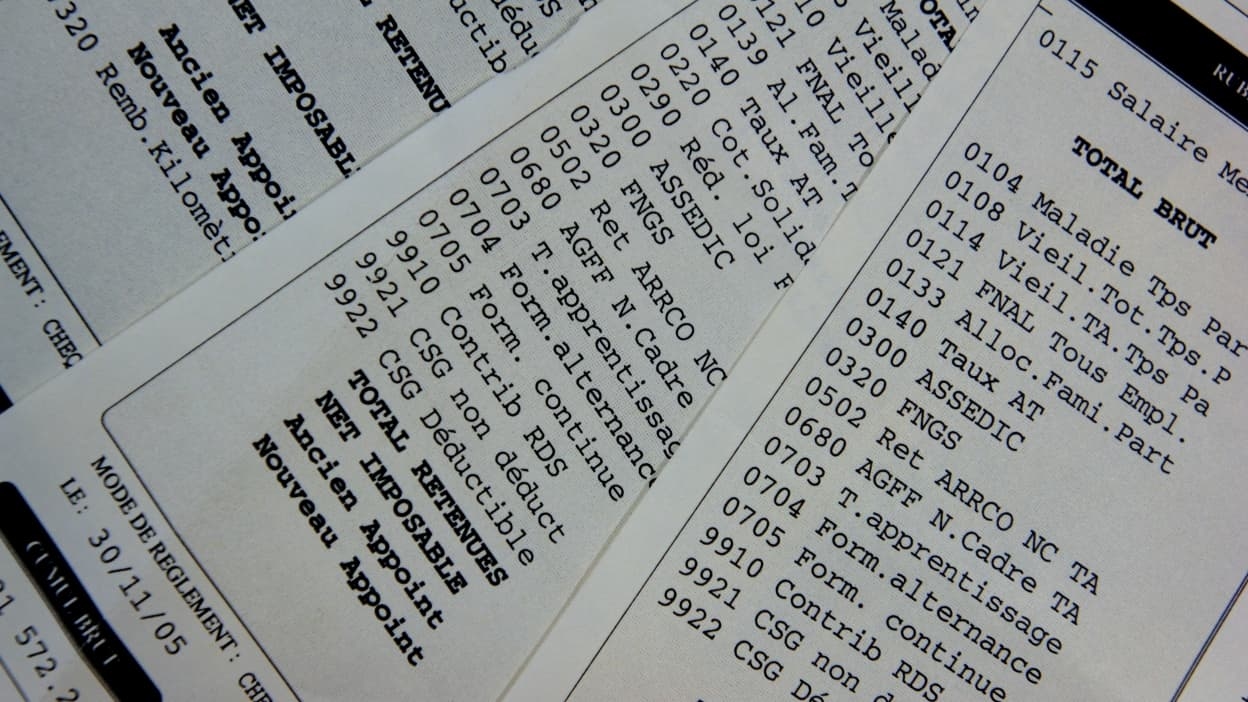"I go on vacation whenever I want, I'm free": these young people who prefer temporary work to a permanent contract

The permanent contract is no longer the stuff of dreams. Permanent hiring is declining . The dynamic job market is largely due to fixed-term contracts (CDDs, short-term contracts), according to recently published figures from Dares. Of the 6.5 million employment contracts signed, the number of permanent contracts (CDIs) is increasing.
While the reasons are macroeconomic, with a drop in orders and political instability leading to reluctance among businesses, many workers prefer to maintain their independence.
According to a study by the Nantes Chamber of Commerce among people under 35, the permanent contract is increasingly seen as "a form of confinement, a contract from which one cannot escape, synonymous with a moral commitment."
This is what Héléna, 35, feels, who spoke this Friday on RMC Story : "I chose to be a temporary worker even though I had a permanent contract before. I wanted to try independence, I started my own business in real estate and then I started working as a temporary worker to pay my bills."
"I've been doing temporary work for the same company for two years, where I was offered a permanent contract, but I refused because I need my time freedom now. I want to choose my assignments and go on vacation whenever I want. And contrary to popular belief, we have enough temporary help," she says on the Estelle Midi set.

"Before, I wanted stability to invest, I made my investments in real estate and I no longer need it," continues Héléna. There is also a significant financial advantage: "We have the IFM, the end-of-mission compensation and the ICCP, the compensatory allowance for paid leave . At the end of each mission, we always have a little more at the end of the month."
46% of managers believe that young people are less loyal to their company and more likely to change jobs than others. According to a study, a third of recent graduates believe they have more than five employers in their professional lives. This is what Alain, a restaurateur in Haute-Savoie, observes:
"Young people in my area come to work for six months and do everything they can to get unemployment benefits with a mutually agreed termination. Do that between the ages of 18 and 35, but how are you going to buy your car or your apartment later?" he wonders.
Because that's the advantage of a permanent contract. It allows employees to borrow money from banks for purchases such as a primary residence.
RMC





